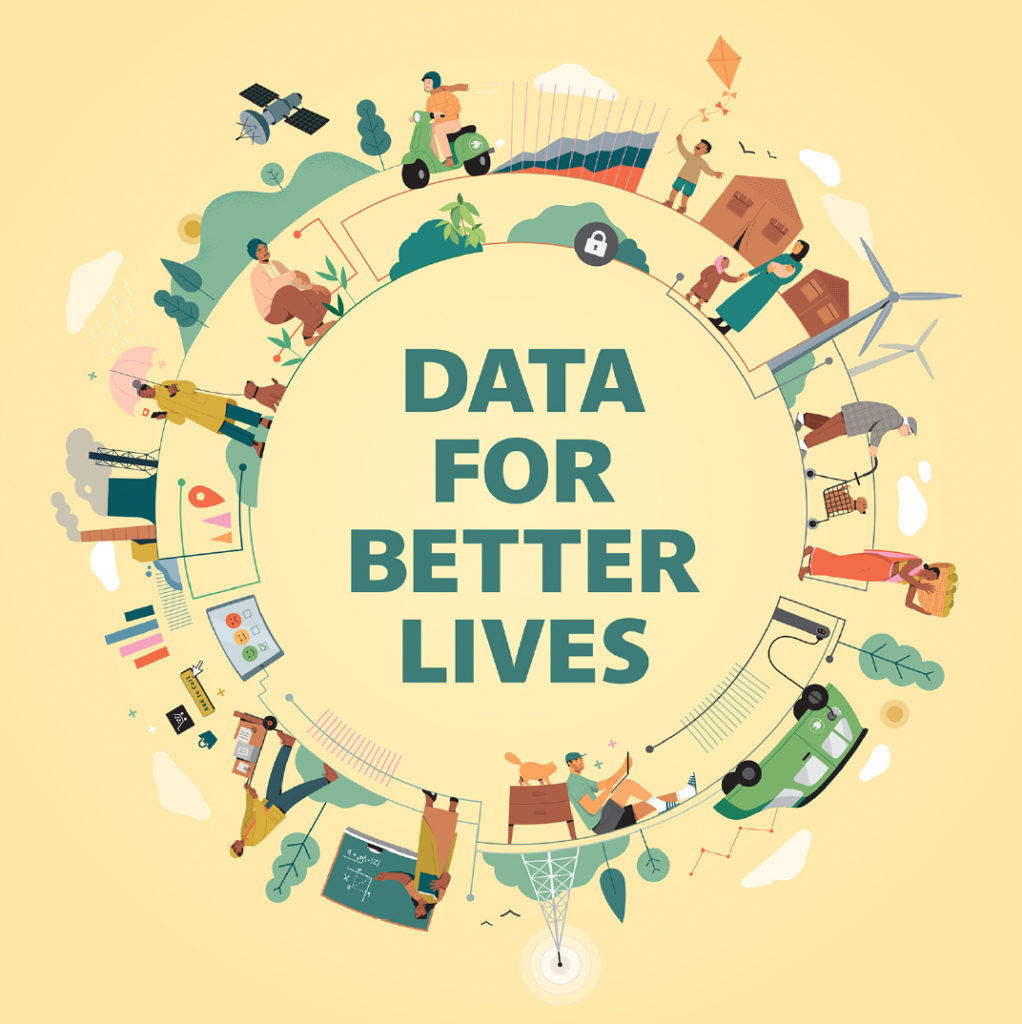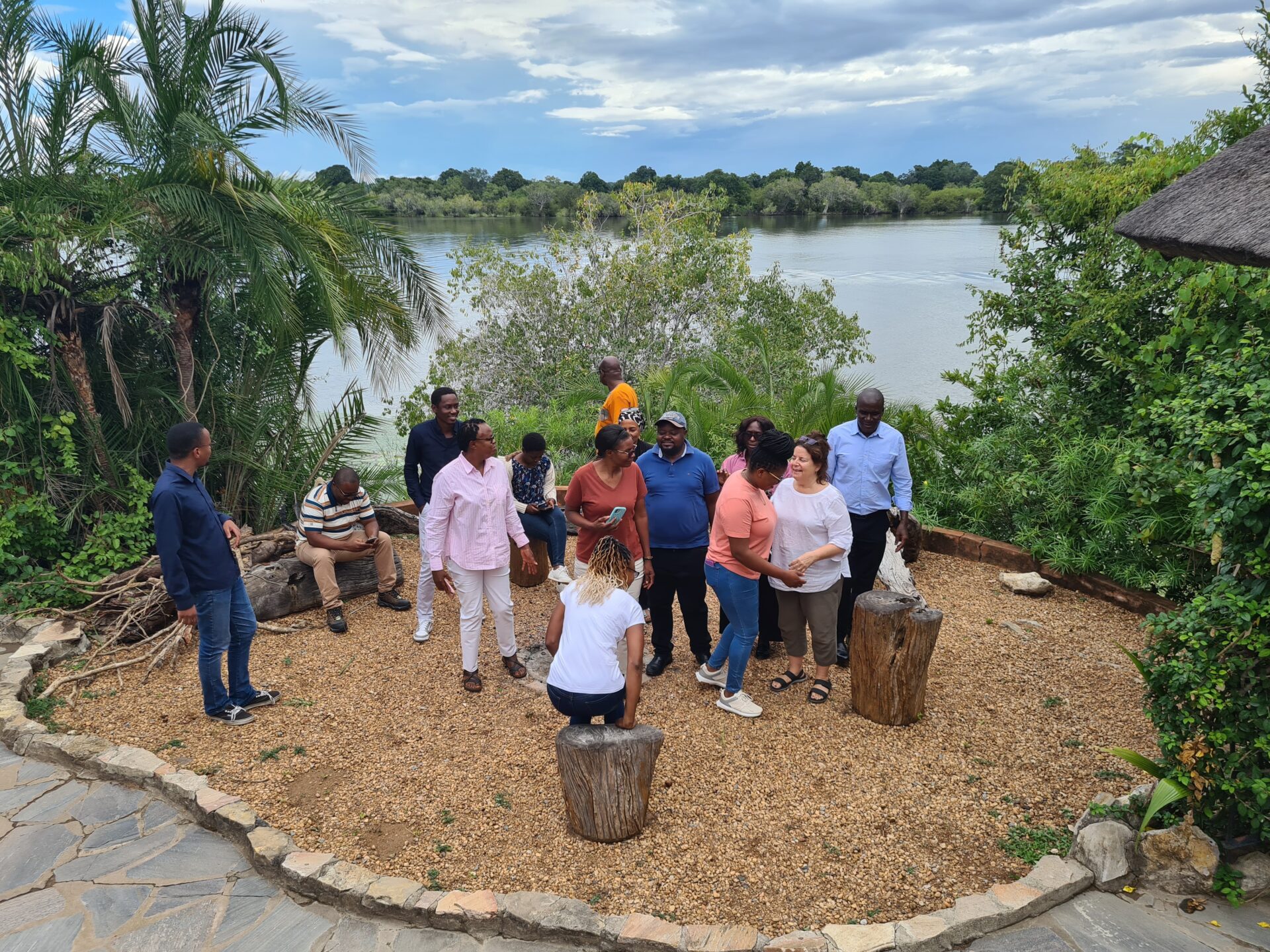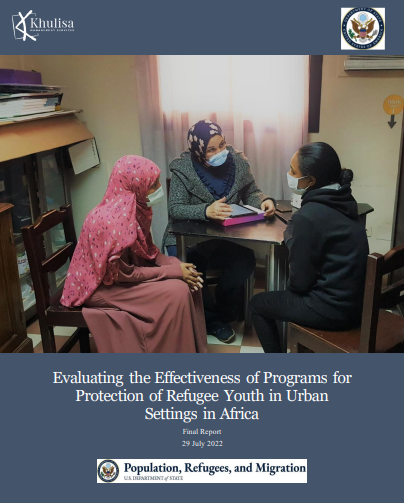We recently published a blog post by Margie Roper, leader of Khulisa’s new Education & Evaluation Division, about current trends in the education evaluation sector. The post includes several valuable tips from Margie about how the education evaluation sector is evolving, and what evaluators can do to evolve with it.
One of Margie’s tips is: Move beyond single data sets; link data sets to allow for meta-analysis.
“A stand-alone data set, collected as part of a specific evaluation, can be far more useful when it becomes part of a larger resource that evaluators can use for meta-analysis,” Margie explains. She references the World Bank’s 2021 World Development Report, “Data for Better Lives”, which highlights the unprecedented ubiquity of data in our lives and the need to harness its power by allowing different data sets to speak to one another.

In South Africa, Margie points out that small, single evaluations of early childhood development (ECD) interventions could be useful as part of a larger, national database like the South Africa Department of Basic Education ECD Census supported by the LEGO Foundation and UNICEF.
“Although still in its infancy, initiatives like the ECD Census will provide crucial opportunities to build a national data set. Using clear linking fields is important: Schools’ individual Education Management Information System (EMIS) numbers and unique learner identities were critical in linking Khulisa’s data across the five waves of the Early Grade Reading Study data collection,” says Margie.
“This data (available in the USAID Developmental Data Library ), allows for future meta-analysis, and interventions can use existing secondary data sources and contribute to these sources once new data sets are complete.”
Tune in next Tuesday for another tip about education evaluation trends.


